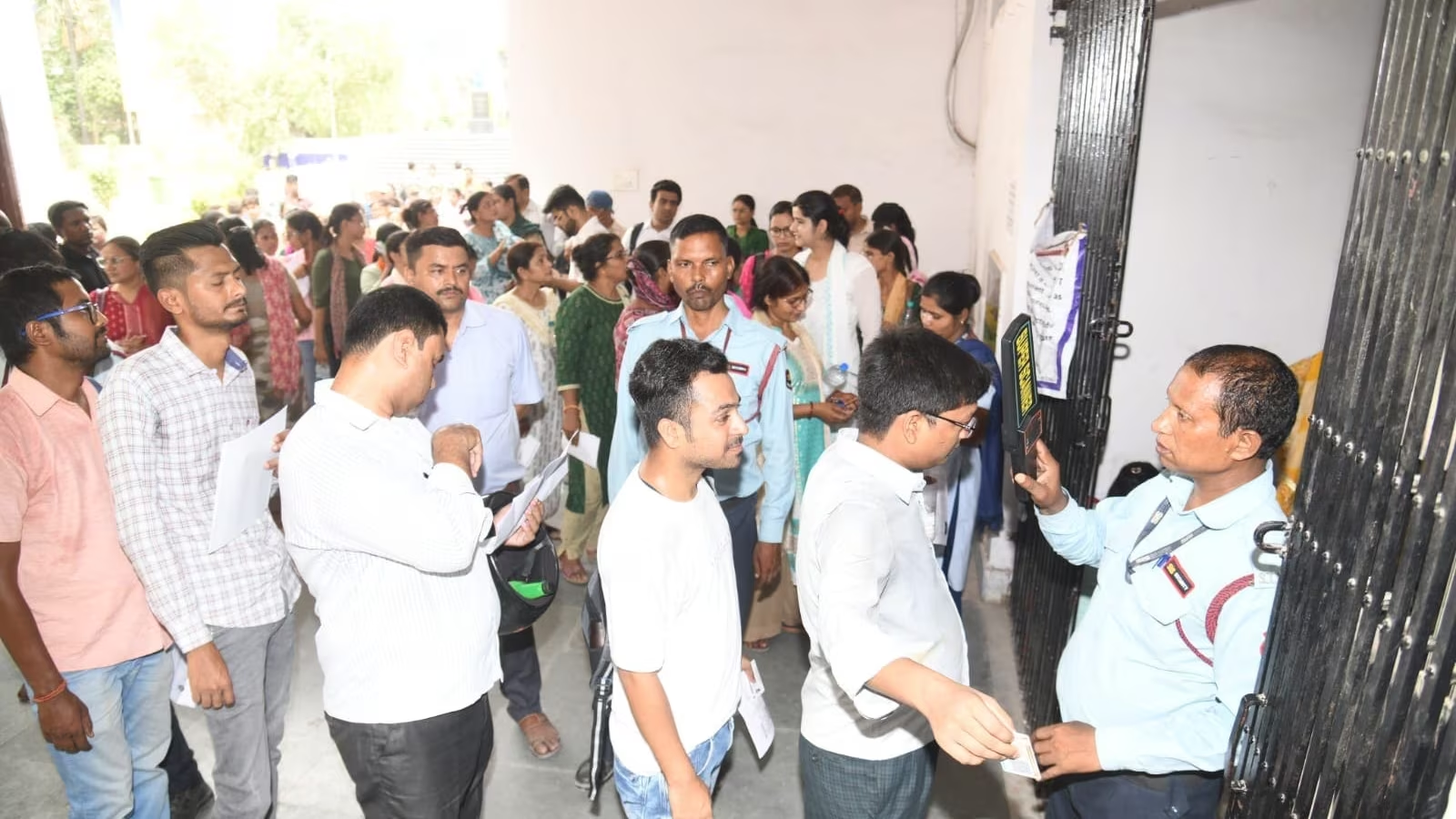Introduction
The Ministry of Education’s decision to cancel the UGC-NET (University Grants Commission–National Eligibility Test) scheduled for June 2024 has sent shockwaves through the educational community and beyond. This abrupt move, announced on June 19, 2024, comes in response to alarming inputs from the Ministry of Home Affairs, suggesting potential compromises in the integrity of the examination process. The UGC-NET, conducted biannually by the National Testing Agency (NTA), serves as a critical gateway for thousands of aspiring academics, determining eligibility for roles such as ‘Assistant Professor,’ ‘Junior Research Fellowship and Assistant Professor,’ and admission to PhD programs across India.

Reasons for Cancellation
The Ministry of Education, through its social media channels, emphasized its commitment to upholding the sanctity of examinations and safeguarding the interests of students. Citing inputs from the Indian Cyber Crime Coordination Centre (I4C) under the Ministry of Home Affairs, officials stated that these inputs strongly indicated potential compromises in the UGC-NET June 2024 examination. Consequently, the decision was made to cancel the exam and initiate a thorough investigation by the Central Bureau of Investigation (CBI). This unprecedented step underscores the government’s resolve to ensure transparency and fairness in the examination process, despite the disruptive impact on candidates who had diligently prepared for the test.
Impact on Candidates and the Educational Community
The cancellation of the UGC-NET June 2024 exam has had far-reaching implications, affecting over 9 lakh candidates who had prepared rigorously for the opportunity to advance their academic careers. The exam was conducted in multiple cities across India on June 18, 2024, with candidates hoping to secure eligibility for prestigious academic positions and research fellowships. The Ministry has assured stakeholders that a fresh examination will be conducted, with details to be communicated at a later date. However, this assurance has done little to quell the disappointment and frustration among candidates who now face uncertainty about their future academic prospects.
“This decision underscores our unwavering commitment to transparency and fairness in the examination process,” read a statement from the Ministry of Education, acknowledging the gravity of the situation. The cancellation comes amid heightened scrutiny and controversy surrounding other national-level exams conducted by the NTA, notably the NEET (National Eligibility cum Entrance Test) for medical and allied courses, which has also faced allegations of irregularities and calls for retests.
Political Reactions and Calls for Accountability
The cancellation has sparked a political firestorm, with opposition leaders criticizing the government’s handling of examination processes and demanding accountability. Congress president Mallikarjun Kharge condemned the government’s response, drawing a contrast between the cancellation of UGC-NET and its stance on NEET, where concerns over alleged paper leaks and irregularities persist despite assurances from the Ministry of Education. The cancellation has also galvanized student protests across the country, with demonstrators demanding greater transparency and accountability in the conduct of competitive examinations. Calls for structural reforms within the NTA and stringent measures to prevent future breaches of examination integrity have grown louder in the wake of the UGC-NET cancellation.
Significance of UGC-NET
UGC-NET holds significant importance as a gateway for aspiring academics and researchers, symbolizing academic excellence and integrity in India’s educational framework. The exam’s rigorous evaluation standards and comprehensive syllabus have traditionally set it apart as a benchmark for assessing candidates’ suitability for academic roles and research pursuits. The sudden cancellation of the June 2024 exam raises serious concerns not only about the immediate impact on candidates but also about the long-term implications for the credibility of national-level examinations in India.
Looking Ahead: Investigations and Reforms
As the Ministry of Education prepares to launch a CBI investigation into the alleged compromises in the UGC-NET exam, stakeholders, including students, educators, and policymakers, await further developments with keen interest. The outcome of this investigation and the subsequent actions taken will likely shape future policies and practices concerning examination conduct and oversight. The incident serves as a critical moment for introspection and reform within India’s examination regulatory framework, highlighting the urgent need for robust mechanisms to prevent and address breaches of examination protocols.
Conclusion
In conclusion, the cancellation of UGC-NET 2024 represents a significant challenge for India’s educational landscape, exposing vulnerabilities in the examination system and underscoring the imperative of maintaining integrity and fairness in competitive examinations. It serves as a stark reminder of the complexities involved in conducting large-scale exams and the consequences of lapses in examination management. Moving forward, it is crucial for stakeholders to work collaboratively to restore trust in the examination process and ensure that the aspirations of millions of students are safeguard against any form of malpractice or irregularity.
Also Read: MHT CET Unlocking Opportunities: A Comprehensive Guide
The Ministry’s decision to cancel the UGC-NET exam, while disruptive, reflects a commitment to upholding the highest standards of transparency and fairness in educational assessments. As the investigation unfolds and reforms are consider, the focus must remain on restoring confidence in India’s examination infrastructure and fostering an environment conducive to academic excellence and integrity.









